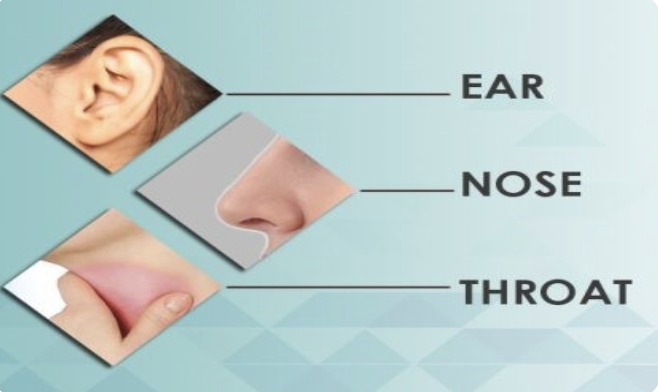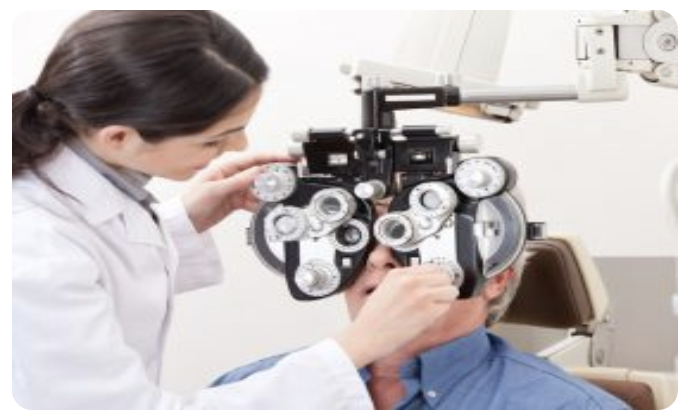Book Free Appointments With Our Expert Doctors Near You

Nationwide expert care for 100+ health conditions.
%403x.png)
Consult top doctors in person or online — at your convenience.

We’re with you from diagnosis to recovery.
Experience world-class healthcare with our top-notch services.
Get the best healthcare professionals to take care of your health.
We provide 24x7 emergency services to handle critical situations.
Our team is available round the clock to assist you anytime.
We use AI to find the best hospital and doctor based on your needs.

Aapkacare is a Multispecialty healthcare provider that aims to provide a hassle-free surgical experience to all patients using cutting-edge technology, and a set of advanced operations and powerful processes.

Pediatricians are doctors who specialize in the health of children from birth to 18 years old. They provide preventive care, diagnose and treat illnesses, and offer guidance on health and wellness. Pediatricians are trained to understand the unique physical, emotional, and developmental needs of children.

ENT stands for ear, nose, and throat, and it refers to the medical specialty that deals with the diagnosis and treatment of disorders of these three areas. Aapkacare provides you with the most advanced treatment of various diseases and disorders related to the Ear, Nose and Throat.

Aapkacare has the most advanced doctors and the best hospitals that have proven record of treatments for laser circumcision, stapler circumcision, kidney stones, prostate treatment, urinary tract infection and other sexual health problems by highly experienced urologist.

Eye is the most sensitive organ of the body. Aapkacare ensures that you get the best eye surgeon near you for the treatment of eye disorders or lasik eye surgery. Be it cataract, retinal disorders, pterygium, squint eye, diabetic retinopathy we got you covered for everyting with our best ophthalmologist doctors.

We know the disappointment you face when you hear that cosmetic surgery is not covered under insurance. With our best hospital and expert doctors, you can undergo any surgery, such as Gynecomastia, Lipoma, Hair transplant, and Scar removal, with a hassle-free procedure.
Witness the incredible journey of one of our valued patients as he shares his heartfelt testimonial about his experience with the dedicated medical team of Aapkacare.
At Aapkacare, we are committed to connecting patients with top-tier medical professionals who truly make a difference in their lives.
Watch this genuine testimonial to see how Aapkacare is dedicated to bridging the gap between patients and doctors, fostering trust, and transforming lives.
If you’ve had a similar experience or are seeking exceptional healthcare, don’t hesitate to reach out to us. Your health matters, and we’re here to help you at every step of your medical journey.
Dealing with a hernia? Don't ignore the signs! Aapkacare is here to guide you with the best care and support. Your health matters—take the first step toward recovery today!
If you've had a similar experience or are seeking exceptional healthcare, don't hesitate to reach out to us. Your health matters, and we're here to help you at every step of your medical journey.
Find the best hospitals and doctors near you based on your preferences and needs.
Easily book an appointment through the Aapkacare app at your convenience.
Share your healthcare experience with us. Your feedback helps us improve.
It's really easy

Step 1
Share your details & surgery preferences.

Step 2
Get personalized options for doctors & hospitals that match your requirements.

Step 3
Assisted transport & hospital admission, cashless & stress-free settlement.

Step 4
Free follow-ups post-surgery, plus a one-year Aapka Care subscription.